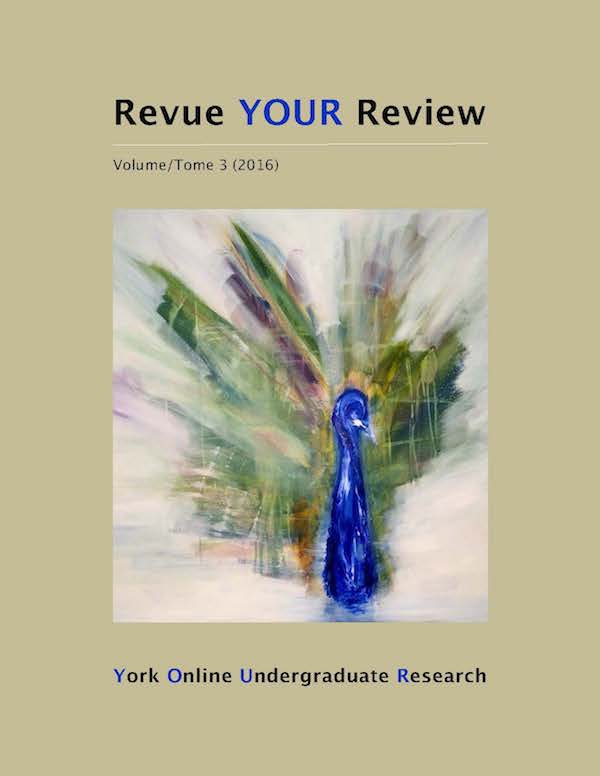Looking at the 2008 “Great Recession”: What Did We Learn from the Great Depression?
Abstract
This project compares the causes of and government responses to the Great Depression of 1929 with the “Great Recession” of 2008 to answer the question, “What did we learn from the Great Depression?” Results show that the causes of the Great Depression were strikingly similar to the causes of the 2008 recession. Deregulation, income inequality, a belief in free market ideology, and a financial market bust all contributed to both the Great Depression and the 2008 recession. Government responses to the recession suggest that we did in fact learn something after all. The “Great Recession” of 2008 could have turned into a new Great Depression as the decline in manufacturing was just as severe, and global stock markets and world trade fell even faster than during the 1929 depression. Clearly, governments were able to learn something from the Great Depression that allowed them to better cope with the effects of a potential crash by using fiscal and monetary policy to stimulate the economy, preventing it from spiralling downward. It would appear that we have learned how to prevent crises from becoming depressions, without learning how to avoid crises in the first place.Downloads
How to Cite
Issue
Section
License
Authors contributing to Revue YOUR Review agree to release their articles under one of three Creative Commons licenses: Creative Commons Attribution 4.0 International; Creative Commons Attribution-NonCommercial 4.0 International; or Creative Commons Attribution-NoDerivatives 4.0 International. All editorial content, posters, and abstracts on this site are licensed under Creative Commons Attribution-NoDerivatives 4.0 International. For further information about each license, see:
https://creativecommons.org/licenses/
In all cases, authors retain copyright of their work and grant the e-journal right of first publication. Authors are able to enter into other contractual arrangements for the non-exclusive distribution of the e-journal's published version of the article (e.g., post it to an institutional repository or publish it in a book or in another journal), with an acknowledgement of its initial publication in this e-journal.


